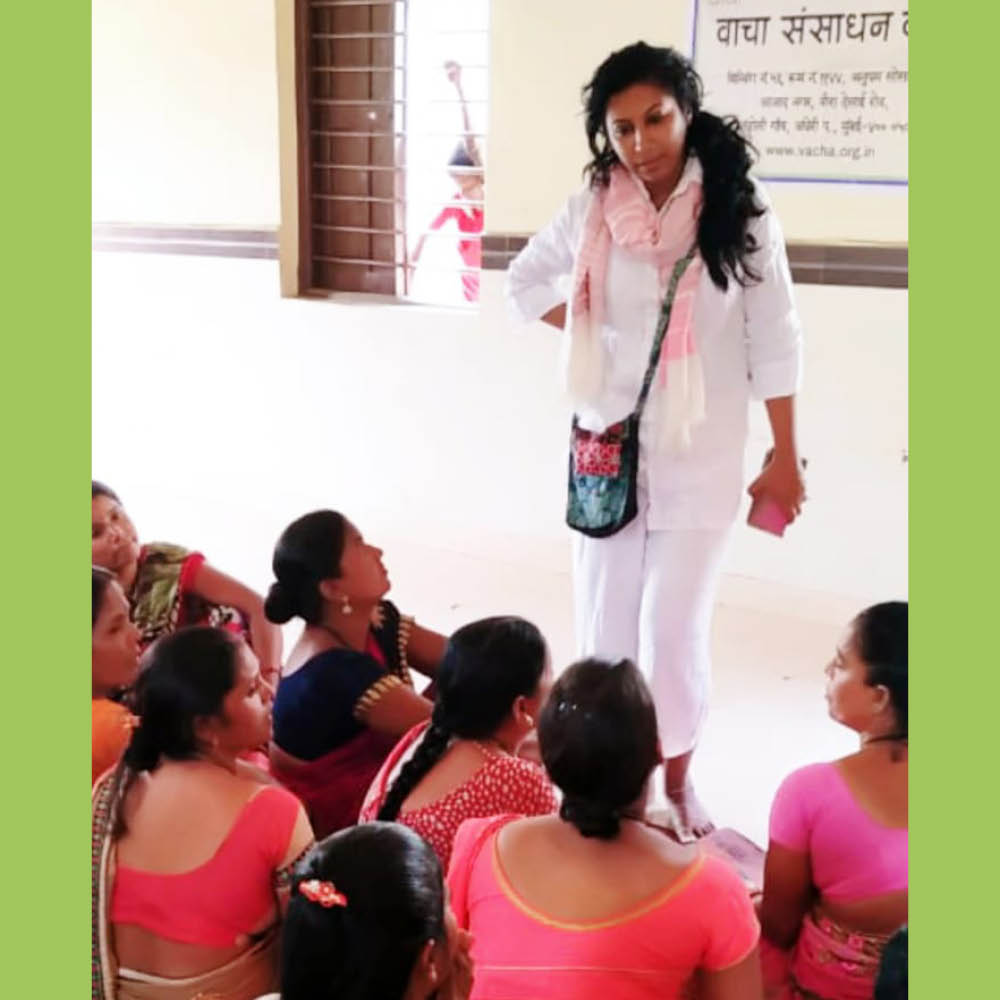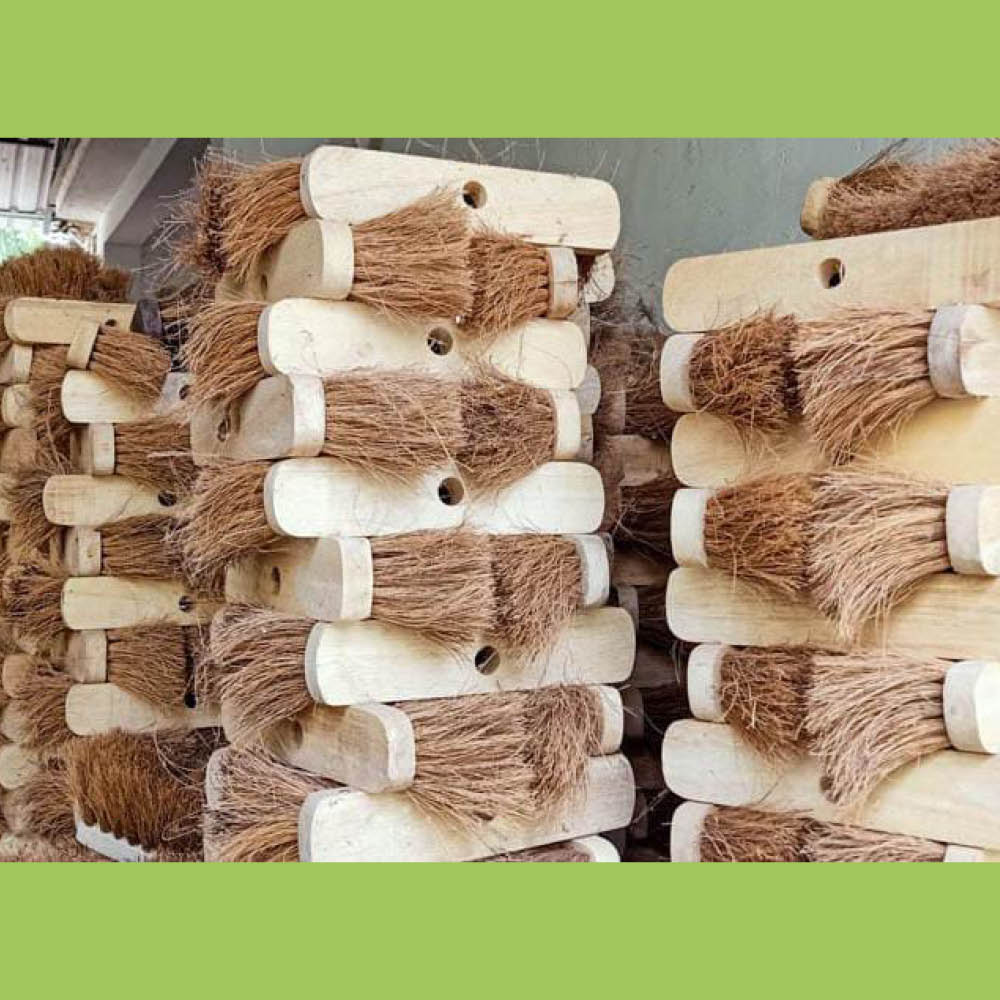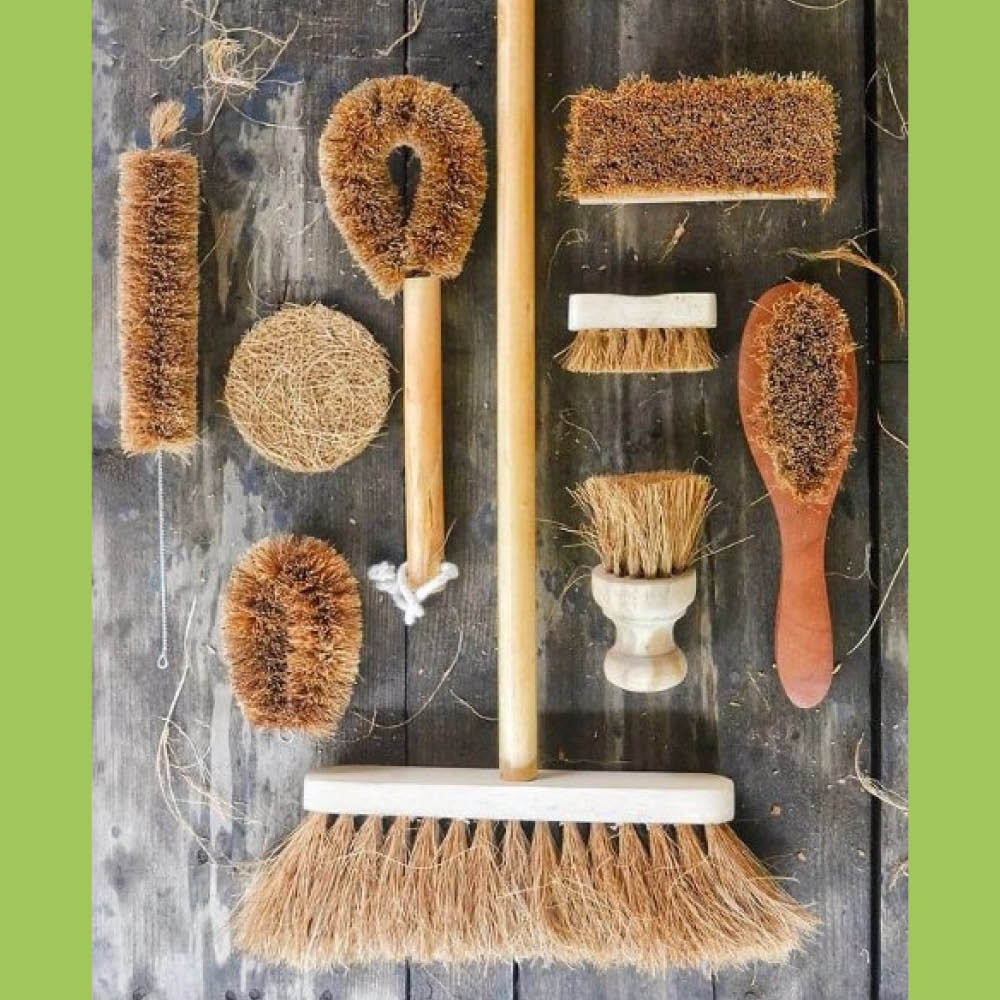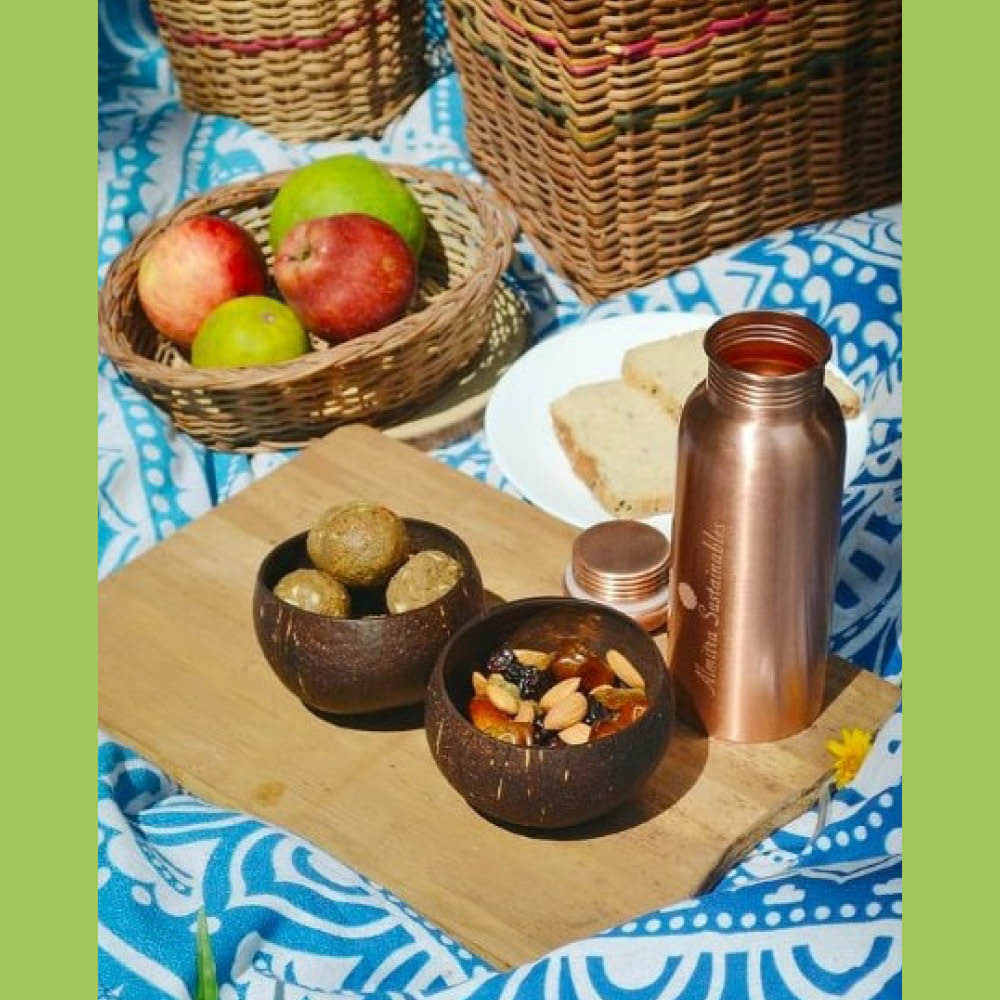There comes a time in your life when you have to stand back, re-evaluate your choices and begin a new stage of your journey. This is especially true for those who are ready to embrace a sustainable lifestyle. For Anamika Sengupta, the founder of Almitra Tattva (AT) and co-founder of Almitra Sustainables (AS), this turning point came gradually and led to a truly inspiring, organic journey.
Sengupta reveals that along with her partner, Biplab Dutta, she was already committed to a plastic-free, minimalistic, sustainable lifestyle. The couple decided that they will adopt a natural and sustainable parenting style when they become parents. When little Neo did arrive, he also brought about the swiftest turns for her, so much so that she started off not just on the journey of sustainable motherhood, but also sustainable entrepreneurship.
In search of an inclusive environment for women
Before motherhood approached, Sengupta worked as the head of recruitment for an IT company. At the end of her maternity leave, and like many new moms, she found that the way people perceived her choices had changed overnight. “I was laid off within a few days of rejoining work,” she says, explaining that this situation, which many women still face at workplaces, is due to a number of assumptions. “They first of all assume that you’re not the primary earner of the house,” she says. “They feel that you’ll probably go on a sabbatical because you have an infant and you’re breastfeeding. They also assume, without any actual requests of leave or work from home, that you’re going to ask for these. It’s a beautiful reason they give themselves, that ‘she dropped her career because she wanted to take care of her child’. It’s true that many women do that, so this doesn’t come as a shock.”
Now, she had a crucial choice to make. “I could either enter the same kind of rut again, or start something where I can create a more inclusive environment for women,” she says. The choice was a no-brainer for her, and so AT was born in 2014. “Today, though we’re not a very big company and don’t have a crèche, we do support the women. We don’t mind women who are breastfeeding bringing their baby to work. And that’s how all our artisans work with us.”

It would also be true to say that Sengupta’s journey started because of a baby wrap, or rather its unavailability in India. “Baby wraps are basically where you wear your baby or carry your baby by tying them on you, and you feel hands-free and empowered,” she says, adding that it’s also a very important milestone for attachment parenting. “I was surprised that although baby-wearing as a culture is so deep-rooted in India, I had to get my baby wrap from the US.” That’s when her mind started working towards providing a safe yet sustainable option for mothers in India. She started with a small mothers’ support group on Facebook, where the women pushed her to take this forward. Today, she works with Indian artisans, promotes Indian handloom products, and sells in 57 countries.
While AT grew, Sengupta became aware that bringing up her son with natural parenting methods was quite the challenge. The plethora of convenient and easily-available plastic and chemical products posed the biggest challenge. But if necessity is the mother of invention, then this new mom was resourceful enough to see a way through most problems. When Neo got his first tooth, Sengupta and her husband came up with a bamboo toothbrush. The couple made their baby’s toys, let him play around barefoot, and brought him up as a gadget-free child. Along the way, they also realised that other caregivers may be facing the same challenges, and so, AS was born in 2018.
This incredible journey is also the reason why she jokes that all her products were baby-tested at home, and only the best ones were later launched for global customers.

The coir for these sustainable brushes are sourced from Kanyakumari.
Growing organically towards a sustainable future
The fact that most of her customers are youngsters and millennials provides Sengupta with a lot of joy and hope for the future. But when it comes to expanding her businesses, she shares that her sustainability consciousness gives her a different perspective on upscaling. “Our products are made with natural resources. So, if I talk about a huge supply, then I’m exploiting natural resources somewhere, or I’m exploiting human labour somewhere. I don’t want to do any of that,” she insists. “We are growing organically and will continue to do so. And I would rather help set up organisations of a similar kind by teaching people and equipping them, rather than having my company do everything.”
Sengupta clearly has the scope to achieve this, especially since she’s already collaborating with artisans, the Kanyakumari Coir Cluster under the Coir Board, Ministry of MSME, and an NGO where they train women and then absorb them into their organisation. Around 90 per cent of their staff, Sengupta claims, is made up of women. Over the years, she has clearly increased her reach to the grassroots, and believes that the way we talk about sustainability make a huge difference.

Coir brushes for all the household purposes you can imagine.
“If I start talking about the environment, climate change, and global warming, it may or may not make a difference to somebody. But your own wellness and well-being is something everyone gives importance to,” she says, explaining further that accepting yourself as a part of nature can help you get the big picture. “Nature resides in me, so when I’m harming my own body, I am harming nature,” she adds. For Sengupta, sustainability is about going back to the basics and understanding yourself naturally. “Respecting yourself, your body, and your natural cues—that’s all we have to do to live a truly sustainable life.”
Countering the cost of convenience
While many, especially over the last year due to the COVID-19 pandemic, have embarked on a self-awareness journey that includes both wellness and sustainability, there is the danger of falling back into old ways. Unsustainable products and lifestyles are, after all, convenient and often cheap. Sengupta insists that what choices you want to make are personal and up to you, but there has to be an amount of self-check. For example, she says, a woman may choose to buy a plastic breast pump to ease breastfeeding. But once she’s done with it, instead of throwing it out, she could choose to recycle it or donate it to another new mom.
“It’s not about convenience,” she says, “but the thin line between being conscious and not caring. There is also a thin line between your needs and your wants. So, whenever you desire something, just pause and do a self-check to understand if it’s a need or a want, then make the choice.” The price of organic and sustainable products often dictates customer preferences, but Sengupta—whose products are both affordable and pocket-friendly—believes that all that is plastic cannot compare with organic. “Organic products, or anything which is rare or unique, is expensive. Plastic is neither, which is why it’s so cheap,” she says. “We cannot compare plastic’s rates with something else because they don’t signify the same value.” Sengupta also believes that when the demand and sale of sustainable products increases, the prices will go down. But you have to value the craft and effort the artisans are providing on sustainable products.

Eco-friendly bowls, baskets and bottles.
Apart from the lure of convenience, she believes that what people committed to sustainable living should avoid is branding themselves. Using brands like ‘the conscious crowd’, ‘the conscious consumer’, or ‘vegans’ only alienates people. “The moment you do this, you don’t remain inclusive and you’ll end up only roaming in the “conscious” crowd, which will only ever strengthen the idea that what you’re doing is ‘alternative’,” she says. “Why do we even call this ‘alternative’?” she asks. “Sustainable living should be mainstream,” she states.